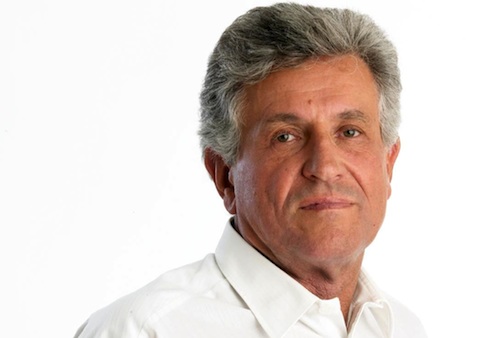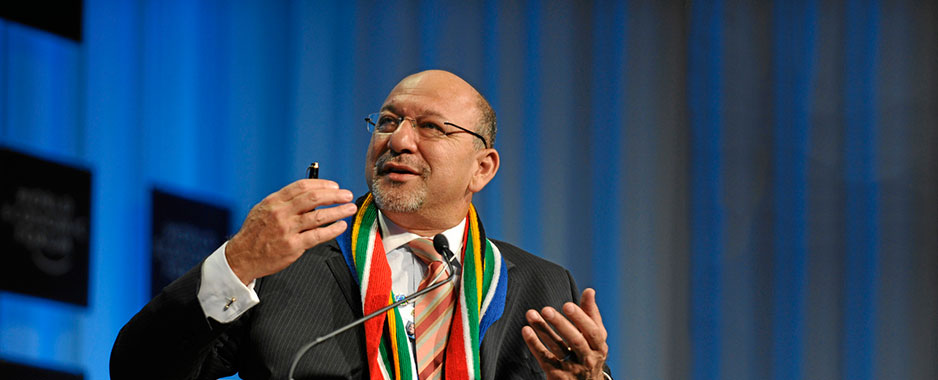SA is failing to keep up with international copyright treaties due to government “ineptitude and negligence” and, as a result of this, the country’s musicians, filmmakers and other creators of content do not enjoy the same protections as their peers in other countries.
That’s the view of Owen Dean (pictured), consultant to and former partner of specialist intellectual property lawfirm Spoor & Fisher. Dean says the country has failed to ratify a World Intellectual Property Organisation (Wipo)-sponsored treaty aimed at protecting rights-holders in a world where copying digital content has become easy to do and widespread.
Dean says the department of trade & industry has “steadfastly declined” to ratify Wipo’s 1996 Performances and Phonograms Treaty or incorporate its provisions into the country’s domestic copyright law, despite the treaty being signed by former trade & industry minister Trevor Manuel.
“The international community regards these rights as essential for the continuing well-being of the music industry, but not so the department of trade & industry,” says Owen.
The Wipo treaty requires those that have ratified it to provide legal remedies against the circumvention of technological anti-copying measures like digital rights management (DRM) schemes and also requires them to introduce measures against the removal or alteration of rights management information.
“The government seems intent on casting SA in the role of international buffoon,” Dean says of the country’s unwillingness to ratify the treaty, which was drafted in part to deal with growing piracy on the Internet.
He says it’s important for signatories to the 1886 Berne Convention for the Protection of Literary and Artistic Works — SA is one — to update their national copyright laws to deal with changes brought about by new technologies.
Because SA has not ratified the 1996 Wipo treaty, SA artists are not afforded the protections offered by it, Dean says.
“Our law is frozen in the 1990s. It doesn’t cater for these new challenges and developments,” he says.
Dean says it doesn’t matter if technologies like DRM don’t work. The law must still keep pace with what’s happening elsewhere in the world.
“Has there been a change in the way the music industry works? Yes, the old-fashioned way is becoming obsolete. But that makes it all the more necessary for the copyright laws to be updated.”
The law needs to change to cater for new ways of selling copyrighted material, such as the subscription model now employed by companies like Nokia where consumers can download as many songs as they like.
“SA, being the sized country we are, really has to follow in the footsteps of the majors, and we’re not doing that,” Dean says. “If the footsteps turn out to be less effective than originally envisaged, then so be it. But that’s no reason not to have taken them at the time.” — Duncan McLeod, TechCentral
- Subscribe to our free daily newsletter
- Follow us on Twitter or on Facebook





